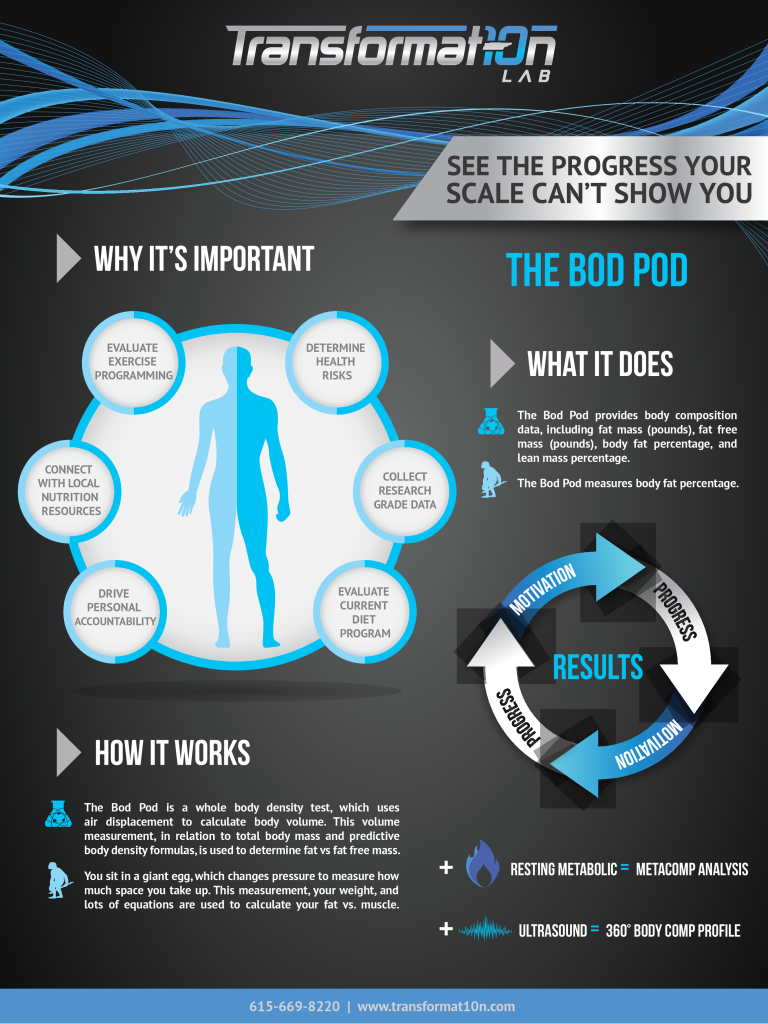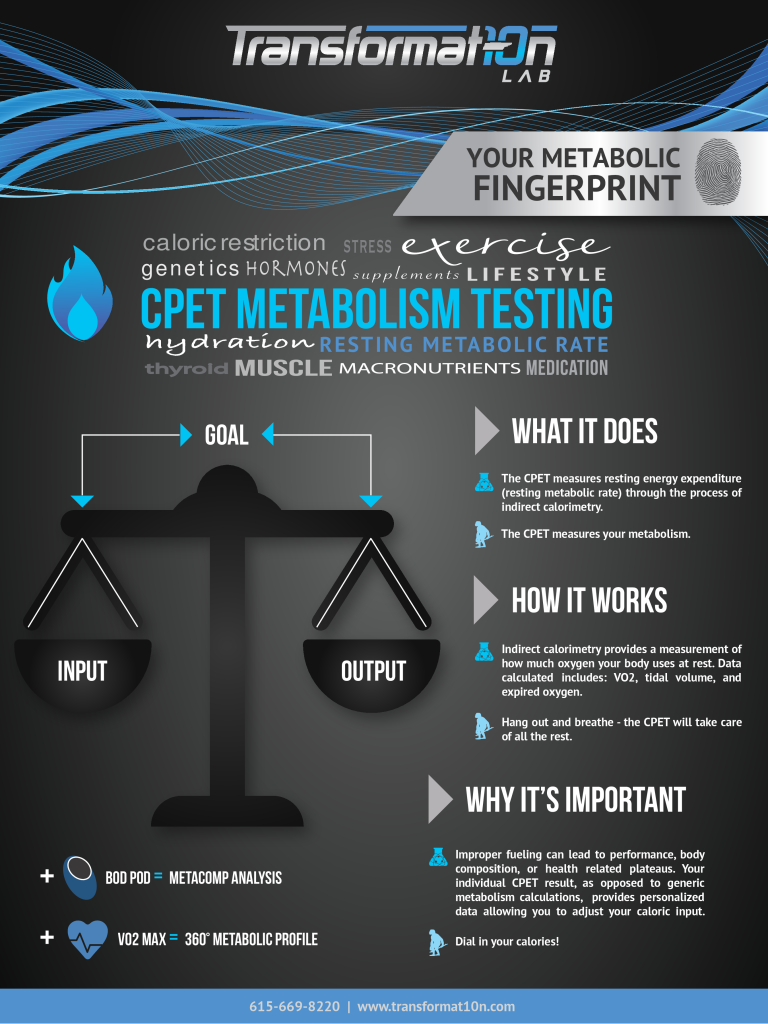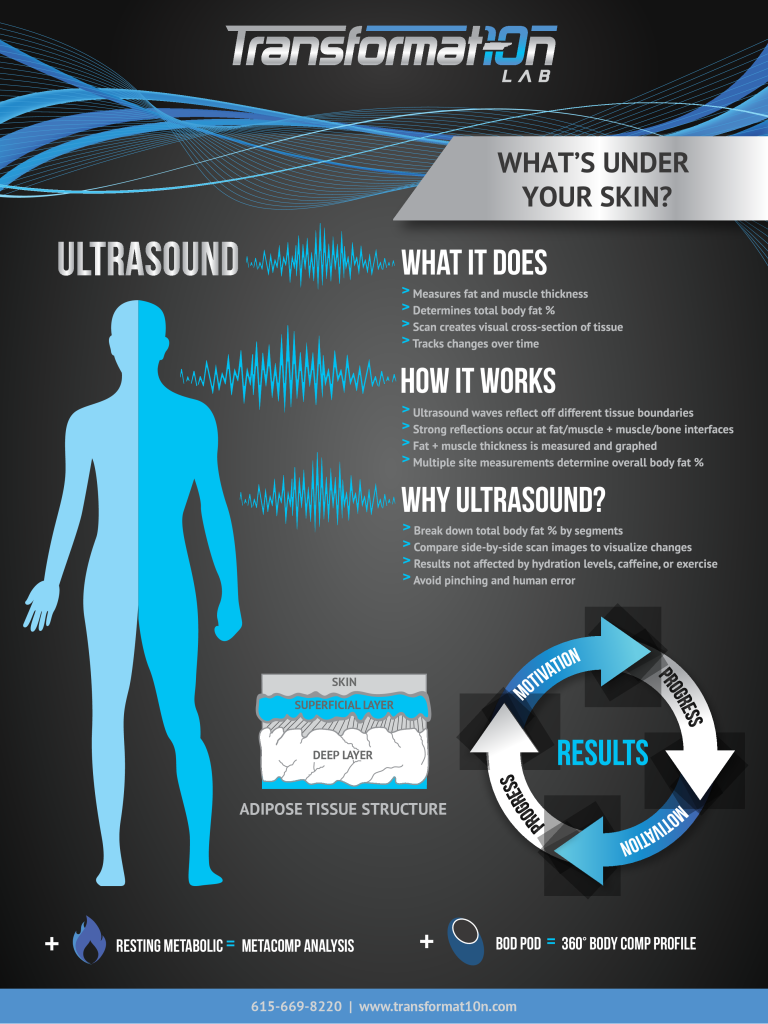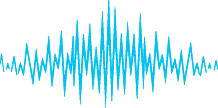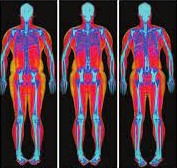The Three Ghosts
As a kid, I used to love playing Pac-Man. Scooting around the screen eating one dot after another — the simplicity of the game appealed to me, as did the ability to change my direction at any point. As you may know from playing the game yourself, no matter how good you get, there will be times when you pull off a sweet move only to find yourself face to face with the game’s enemy: a cartoon ghost.
Much like in Pac-Man, nutrition for body change has its own set of what I like to call “ghost factors.” They are not directly related to food intake, but they will absolutely catch up to you and sabotage your effort if you aren’t aware. After observing Lab clients do everything right nutritionally but struggle in at least one of these areas, we’ve elevated all of these three factors to equal (and at times greater) importance as caloric balance and progressive strength training.
MAXIMIZE SLEEP
Am I getting at least 6-8 hours of quality restful sleep > 90% of the time?
For many of us “improving nutrition” means simplifying our food choices, diligently tracking macros, and/or eliminating problem foods. However, we often ignore a far simpler aspect of our routine, which has an equally great (if not greater) impact on our body composition.
Sleep.
It’s our honest opinion that while most people recognize sleep as important, few actually believe the power it wields over our ability to increase muscle or decrease body fat. In our review of the research, here are a handful of downsides that come with shortchanging your shut-eye:
- Slowed muscle repair and recovery (by blunting release of testosterone & growth hormone)
- Impaired carbohydrate metabolism
- Elevated cortisol levels
- Greater risk of injury (due to slower reaction times and impaired judgement)
- Increased ghrelin (hunger hormone) and decreased leptin (satiety hormone)
**Note: a few of the studies that produced these outcomes used a sleep “deprivation” group that slept a modest 5.5-6.5 hours — it’s doesn’t have to be a BIG deficit to impact progress.
How to maximize sleep:
Not surprisingly, the number one thing you can do is to ALLOW TIME. Aim for 7 to 9 hours of sleep per night (for those working out 5+ days per week, the higher end of this range is for you). If you are already hitting this range consistently (or if circumstances don’t allow for any increase in sleep quantity), then the following strategies can be used to help improve sleep quality.
- AVOID BRIGHT SCREENS — Reduce/eliminate the use of electronics within the 30 minutes prior to bedtime.
- BE CONSISTENT — Try to sleep/wake at the same time each day to facilitate a healthy circadian rhythm.
- STAY COOL — Set your thermostat to around 67 degrees (+/- 3 degrees for personal preference). As the body prepares for sleep, there is a natural drop in body temperature and cooler rooms can help facilitate the process of falling asleep.
- START RIGHT — Get outside for sun exposure (even if it’s cloudy) for at least 15 minutes each day before 9:30am. This morning sun exposure has been shown to set us up for better nighttime rest and provide a dose of Vitamin D to start the day right.
- ELIMINATE LATE CAFFEINE — Caffeine can stay in your system for 6-8 hours. Cut off caffeine (or other stimulant) consumption at least 6 hours before sleep.
- SUPPLEMENT — Magnesium, Melation, Valerian Root, and L-Theanine may have a positive impact on relaxation and sleep cycles.
- TRY SOMETHING NEW — Biohackers rejoice! Innovative methods such as red light therapy have growing pools of research suggesting that they may help improve sleep quality.
MANAGE STRESS
Stress is inevitable. Am I aware of how it impacts me? And do I have strategies to cope with it?
Fight or Flight.
We’ve all heard that phrase at some point. We define it as the body’s physiological method of preparing us to either confront or avoid danger. However, this “keyed up” feeling isn’t just evoked when we see extreme danger and our brain needs to determine what course of action is warranted; day-to-day stressors stir up the stress response in our bodies too. These can come in the form of relationship distress; financial concerns; job transitions; traffic or an over-loaded inbox; going to Kroger on Superbowl Sunday; and the list goes on.
Some stress plays a positive, adaptive role in our lives. It motivates us — ever been surprised at what you were able to accomplish when it’s crunch-time? It makes us more aware — realizing how much stress something causes gives you the opportunity to make changes. Plus, exercise is a form of stress, which triggers adaptations that make our bodies stronger. However, when we begin to live with a constantly evoked stress response, things can get ugly:
- High blood pressure
- Decreased immunity
- Difficulty sleeping
- Anxiety or Panic Attacks
- Increased body fat
Since it’s not possible to remove all sources of stress from our lives, it’s important that we instead learn healthy strategies to manage stress.
Here are two quick tips to consider:
Space. For busy people, this is hard to come by, so be intentional with how you spend it. Tiny moments of self-care are some of the best gifts we can give ourselves. They help us feel less reactive, and therefore less stressed, even in the midst of high-pressure situations.
Check your fears. Oftentimes we feel stressed due to fear: fear of failure, being late, disappointing others or ourselves, etc. Emotions like this communicate needs, so explore the fear. Try to better understand where it’s coming from and then make adjustments to take pressure off yourself — reprioritize, do a self-check, reset SMART (Specific, Measurable, Attainable, Realist, Time-based) goals.
MAINTAIN HYDRATION
Am I consuming 65-75% of my fat free mass (in pounds) in ounces of water per day?
H2O.
You already know that optimizing your water intake has a positive impact on injury prevention, recovery, mental acuity, metabolism, mood, hormone function, and ultimately body composition — right? Then why isn’t it one of the first things we are talking (or thinking) about when it comes to nutrition?!
The Transformat10n Lab formula for optimal water intake:
- Fat Free Mass (lbs)* x .65 = daily fluid ounces of H2O (for mild activity)
- Fat Free Mass (lbs)* x .75 = daily fluid ounces of H2O (for moderate activity)
- Fat Free Mass (lbs)* x .85 = daily fluid ounces of H2O (for extreme activity)
*This number can be found on your Bod Pod printout. Exercising in hot/humid conditions may warrant increasing the multiplier by .1.
Here are a few tips to help out if getting your daily H2O intake is a struggle:
- ADD SOME FLAVOR. Chop up some fruit/herbs and mix and match to form some delicious concoctions like strawberry mint or watermelon basil. For those more time sensitive, just add a quick shot of water flavoring or essential amino acid product.
- BOTTLES UP! Find a unique bottle or container you like to use and carry with you. You WILL drink more.
- CELL REMINDER. Download a water tracking app to your smartphone and set reminders throughout the day (particularly in parts of your day where you go long stretches without consuming anything).

